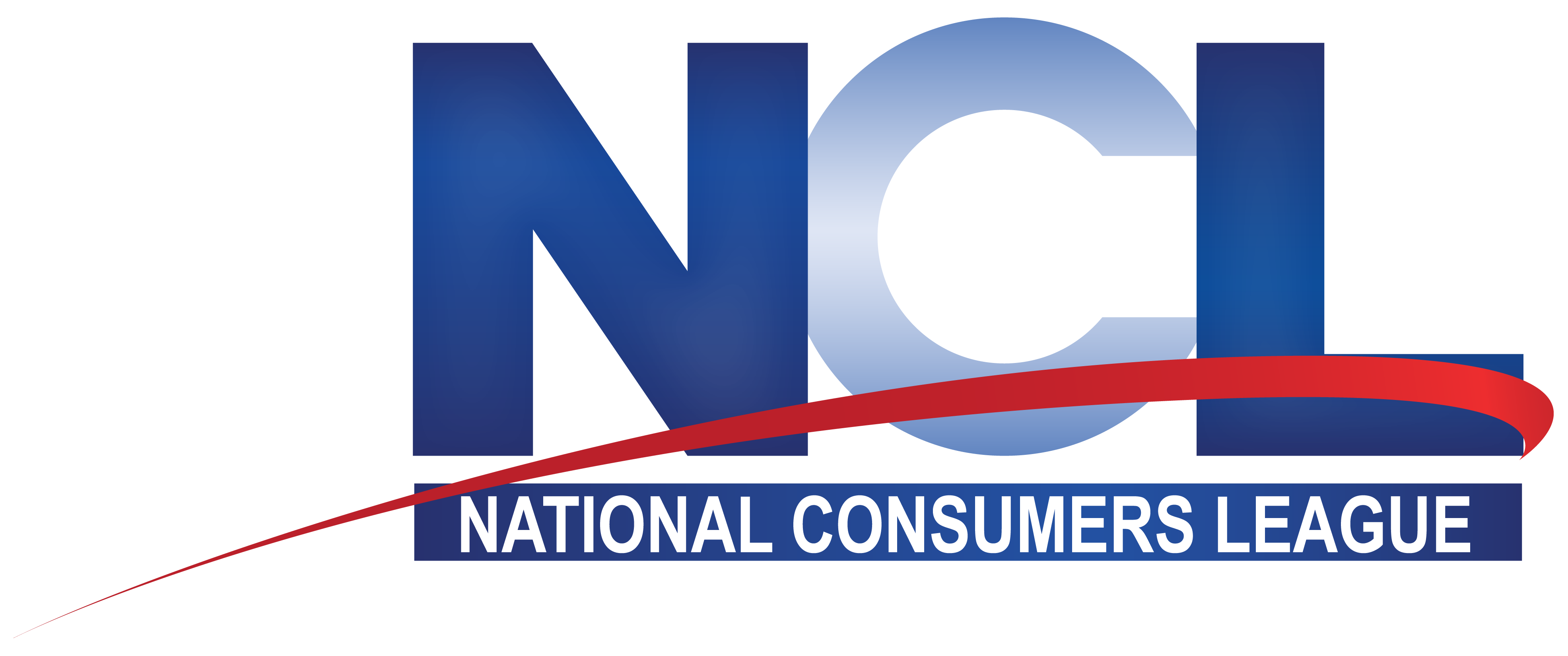Counterfeit drug rip-offs
The risks of buying drugs from sketchy online pharmacies include simply throwing your money away and getting nothing in return–or getting worthless counterfeit drugs that won’t help your condition (and could make it worse).
Here are just a few examples of complaints from consumers who lost money — and never received any medications — through online pharmacy rip-offs:
Ordering a prescription from overseas
Consumer looks for an online pharmacy to order prescription medication. The company looks like it is based in the United Kingdom. The payment instructions require money to be wired to the Ukraine “shipper.” The consumer wires the money and then receives an email notice that the medication was seized by Customs and Border Protection in Paris. The consumer was asked to provide an “Imports Drugs License” or pay the company’s agent additional money to facilitate obtaining a valid license from the French Ministry of Health.
Discount vitamins “held by customs”
Consumer responds to an unsolicited email from a company offering bulk-rate discounts on nutritional products, including vitamins. Consumer was asked to pay with a Walmart gift card. After payment was made, consumer was told the order was being held by customs and that an additional $400 was required to release the product for shipment. Consumer sent the additional money, but nothing was received. The company stopped responding to all communication. Consumer posed as a new customer to the same company and the company responded, eager to make another sale.
“Prescription certificates”
Consumer found a discount pharmacy online and was asked to send payment by Western Union to the Ukraine. After payment was made, consumer received an email stating that the delivery was being held “pending a valid drug prescription certification approval.” The company asked the consumer to pay a 96 percent refundable deposit fee of $250 to obtain the certificate. The $250 refund was promised after delivery of the medications. The refundable fee was requested to be paid by Western Union/MoneyGram/RIA/Bitcoin.
Legit-looking pharmacy requesting payment by gift card
Consumer ordered medication from online pharmacy which looked legitimate. A representative called consumer from the number listed on the website. Thirty emails were exchanged to conduct the purchase. First payment was made by a Google Play card. Consumer paid another $100 after a second call explaining a delay and ensuring a rush delivery. No product was shipped, and when consumer called, the company asked for another $100. When consumer canceled the transaction and asked for a refund, consumer received an email saying the order was canceled and the money had been donated to charity. The website was still operating when the consumer contacted Fraud.org.
Attempt to purchase meds discontinued in USA
Consumer attempted purchase from an online international pharmacy for a medication no longer available in the United States. The consumer had read good reviews online about the company. After making the order, the consumer received PayPal instructions (friend/family payment) with the money coming directly from the consumer’s bank account. No response for one week after payment. Finally responded that the shipment was delayed. After multiple emails and excuses from the seller, the consumer was asked for an additional 30 percent “fee” to ship the medication. PayPal was not able to refund the order, because it was a friend/family payment (not a business payment). The consumers bank has also not offered relief because it was not a charge to a debit or credit card. Two months passed and the consumer never received any product.




 nd 38 others were poisoned. At first, authorities could only suspect “contaminated drugs.” A month later, testing showed that the culprit was counterfeit pills made with deadly fentanyl.
nd 38 others were poisoned. At first, authorities could only suspect “contaminated drugs.” A month later, testing showed that the culprit was counterfeit pills made with deadly fentanyl.




